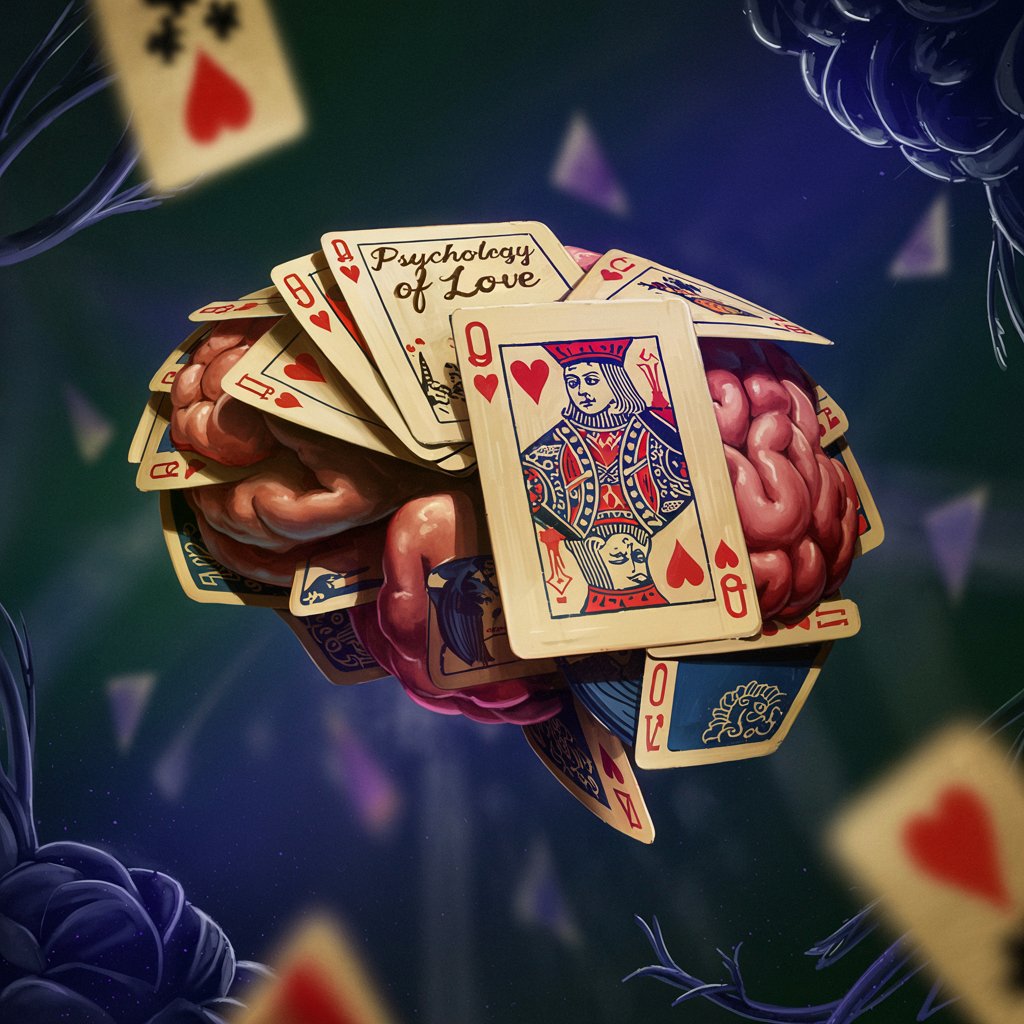
The Psychology Behind Why We Love Solitaire
Solitaire seems simple: a deck of cards, a few basic moves, and a clear goal. Yet millions of people are hooked. Why?
First, Solitaire taps into our love of control. In a chaotic world, it offers a small, manageable space where the rules are fixed and the outcomes feel fair. Winning isn't random luck; it's a result of skill, patience, and smart decision-making. That sense of agency is addictive.
Second, it's the perfect blend of challenge and achievability. Psychologists call this the "Goldilocks Zone" of difficulty. If something is too easy, we get bored. Too hard, we quit. Solitaire hits that sweet spot where you win just enough to stay motivated but lose often enough to keep chasing improvement. This "near-miss" dynamic keeps us engaged and eager to try "just one more game."
Third, Solitaire feeds our need for solitude. Despite today's constant social buzz, humans still crave moments of quiet focus. Solitaire offers a break from social pressures. It's you, your thoughts, and the cards. No judgment, no interruptions. In an era of push notifications and endless group chats, solitary focus is a rare and valuable experience.
Fourth, it triggers a dopamine loop. Every small success — moving a card to the foundation, uncovering a hidden ace — releases a hit of dopamine. It's the same chemical high that keeps people glued to slot machines, but without the financial ruin. Small wins build momentum, creating a rewarding cycle that keeps players engaged for hours.
Fifth, nostalgia plays a huge role. Many first played Solitaire on old Windows computers or learned it from a parent or grandparent. That emotional memory makes it comforting. It’s more than a game; it's a ritual and a bridge to the past. Those early experiences often create a lifelong bond with the game.
Finally, the accessibility of Solitaire has exploded with the internet. Online versions like SolitaireX.io make it easier than ever to jump into a game anytime, anywhere. No setup, no cleanup — just pure, uninterrupted play.
In short, Solitaire thrives because it gives us control, the right challenge, peaceful focus, little rewards, and emotional comfort. It's a tiny world we can master, again and again, one card at a time. Whether you're killing time between meetings or seeking a moment of peace, Solitaire is always ready — just a shuffle away.
